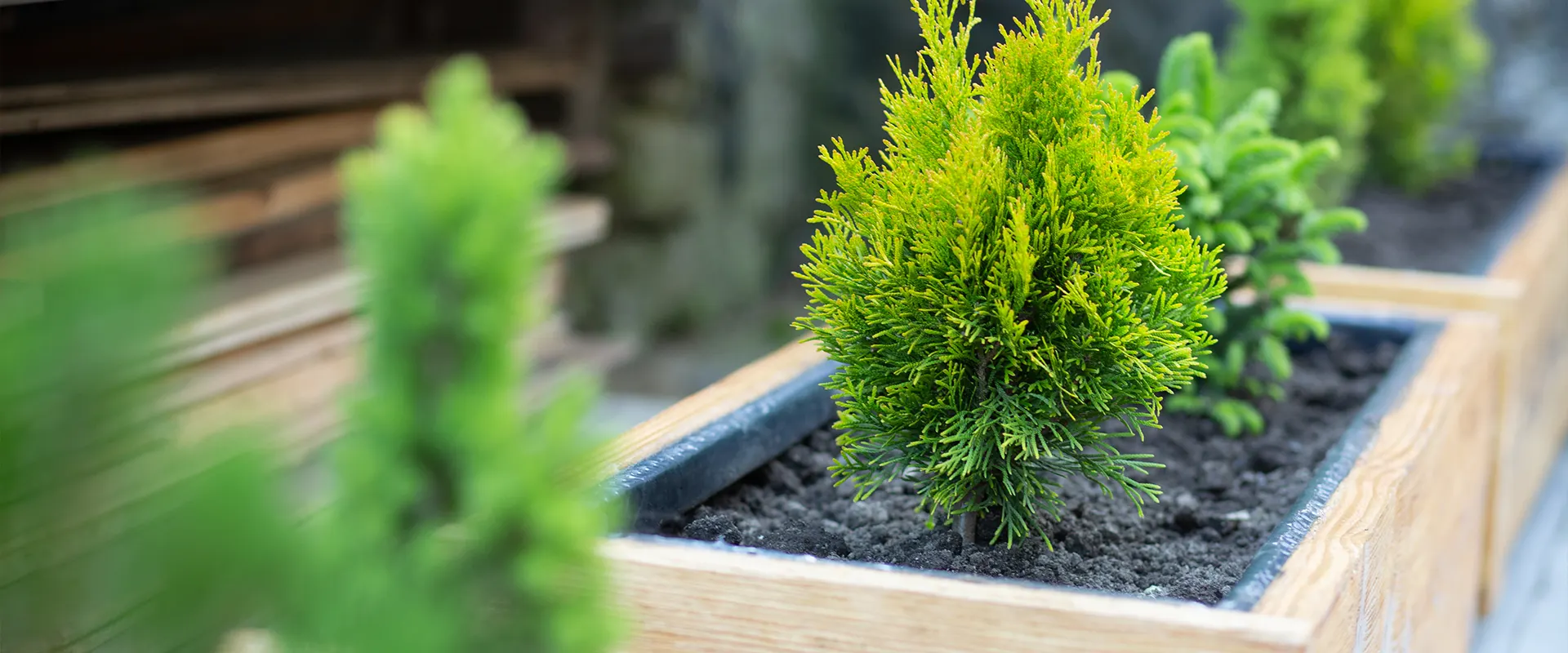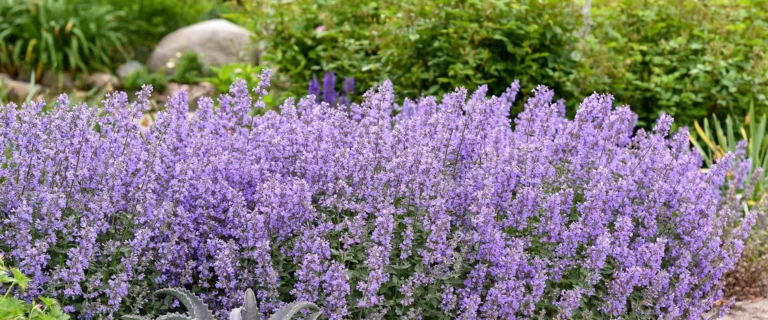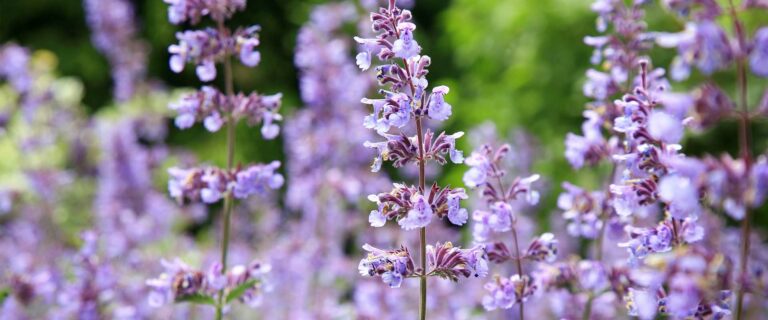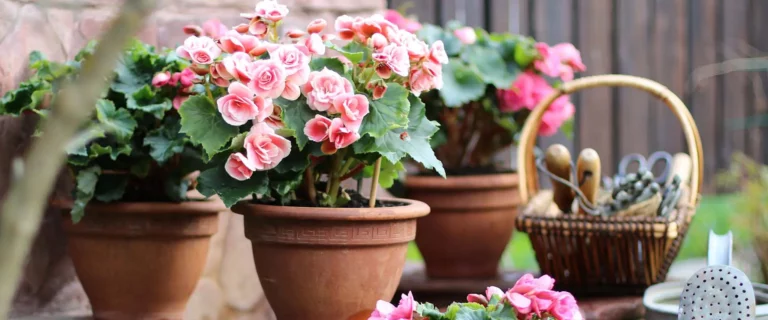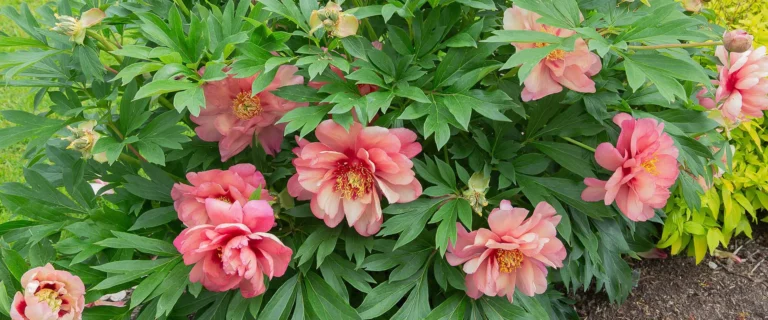If you have plants that live in pots all year long, including through the winter, do you know what to do to keep them happy and healthy?
Sean has been fielding lots of questions about this and wants to help you be in the know. As our horticulture guru here at The Gardener’s Center, Sean has lots of information and advice to share.
Depending on the type of plant you have, the care and the results from being left in a pot over the winter are going to vary quite a bit. To be clear, when he’s talking about overwintering plants, he’s talking about hardy plants.
Hardy plants are those that would normally live in your landscape.
These are the plants that stay outside all winter without any special care or concern, so these are the plants you can leave in pots during the coldest months. For example, you wouldn’t leave your lemon tree or your gardenia outside during the winter, unless you’re living in Florida. (Connecticut is a little bit different in the winter!)
Here’s the scoop on what makes container plants challenging to overwinter.
Everyone thinks it’s the cold temperature that kills a plant. Spoiler alert, that’s not the issue. It has to do with the function of something called “transpiration” in the plant. Those plants you have in containers still need to get water from the soil, through their roots and up to the foliage. And when it gets really cold, the soil freezes. Well, actually it’s the water in the soil that freezes, and plants don’t have any means to move frozen water (aka ice) from the soil to the leaves.
Now that you know that, a word about the three types of hardy plants we typically put in containers…
Deciduous container plants—the easiest to overwinter
First, deciduous plants are those that lose all of their leaves during the wintertime. These are the easiest to care for over the winter because they have shed their leaves. In fact, they sometimes don’t need any protection whatsoever because they simply don’t need to get water from the soil to their leaves.
Conifer evergreen container plants—the next easiest to overwinter
Conifers or needle-leaf evergreens—these include spruces, pines and firs—can tolerate really cold temps due to their small, needle-like leaves. Because they have less leaf surface, there is less transpiration or moisture loss occurring. This is true in the winter and the summer, by the way. Conifers are well equipped to handle extreme temperatures and that’s why you may see more and more conifers the higher up you go in the mountains.
TIP: If you’re looking for an easy conifer to put in a pot that you don’t have to be too concerned about, the Dwarf Alberta Spruce is a great choice.
Broadleaf evergreen container plants—the most challenging to overwinter
The broadleaf evergreens, which include boxwoods, hollies and rhododendrons, have their challenges, but these seem to be the ones everyone likes to have in their winter pots because of their nice, classic look. The boxwoods in particular present challenges as they need to get lots of moisture to their leaves in the winter. And when it gets below freezing and stays that way for days on end, they can’t access the water in the soil it needs. So it’s not the cold that ultimately causes harm, it’s the dryness.
The same is true for rhododendrons, and when they’re in the landscape on really cold days, you may notice that the leaves on your rhodos have all rolled up tightly, looking like “cigars,” according to Sean. That’s the stomata on the underside of the leaves where the moisture loss occurs trying to lock in that moisture.
Boxwoods aren’t able to do what rhododendrons can do with their leaves, so what happens to them? Well, they continue to look nice all winter because the cold preserves them… Kinda like when you keep your Christmas wreath up on the door until March because it still looks good as the cold has preserved it, and then when it warms up in April, it turns orange overnight. The same thing will happen with boxwoods. Sean has lots of people who come into The Gardener’s Center in March and April asking about their boxwoods that suddenly died. He has to tell them that they really died over the winter when they froze and lost access to moisture; it wasn’t a disease or an insect that killed them.
In Connecticut on the shore line, Sean says there’s a 50/50 chance your boxwoods are going to make it in a container over the winter. If the potted plants are close to the house, if they’re in a protected place out of the wind, if there’s a mild winter, they should be okay. But if there’s an extended period of really cold weather, you may lose them.
What can you do to give your container plants the best chance to overwinter?
First, don’t stop watering them as the weather cools. You want them to go into the winter well hydrated, and especially before it freezes.
Next, for the broadleaf evergreens, you can help them by using Wilt-Pruf on them. This is an antitransferent you spray on the leaves that prevents moisture loss from the foliage over the winter. Wilt-Pruf puts a waxy coating on the leaves that blocks up the stomata the plants transpire and lose moisture through. It will make a world of difference over the winter. By the by, this is good for your broadleaf evergreens in the landscape as well.
The last thing you might do is after Christmas, when it’s not too important to you that they’re part of your curb appeal, you might move the whole pot to an unheated garage or a storage shed. The broadleaf evergreens don’t need much light, but be sure to give them a good soak before putting them away for the winter while they’re dormant. That should keep them cozy until spring.
Sean recommends using Wilt-Pruf, but the timing is critical.
You don’t want to use Wilt-Pruf when it’s too warm or too cold. Sean recommends using this spray at Thanksgiving time. It usually lasts three to four months, so if you wait until the end of November, it should get you through the whole winter.
Give your plants the proper care and attention and they’ll return the love. And if you have questions or just want to be inspired, your friends at The Gardener’s Center are here for you!

